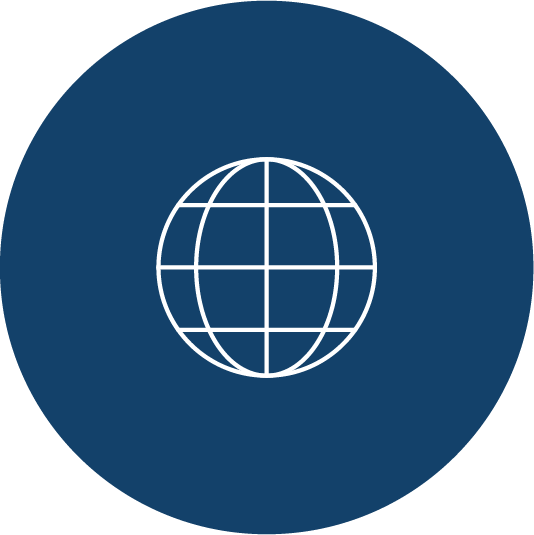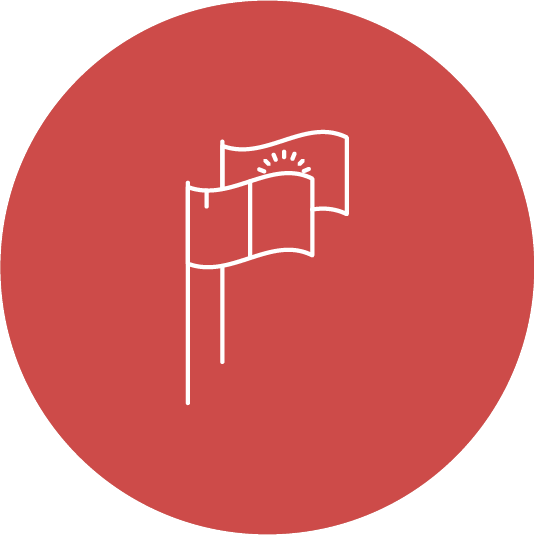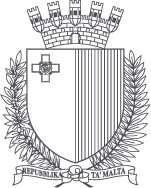Prof. Stephen Calleya, MEDAC Director,
H.E. Ambassador Walter Haßmann, Ambassador of Germany to Malta
Students,
I am pleased to address you today on my vision of Malta’s foreign policy in the context of the Mediterranean, and the challenges we all face in the region. Allow me to thank the German Federal Ministry for Foreign Affairs for financing this seminar.
Our geographic location always placed Malta at the forefront of conquest from as far back as Phoenician times. At various points in our history, empires and regional powers have used Malta as a stepping stone in the Mediterranean.
Malta’s role has changed – as a result of our foreign policy – following Independence in 1964 and the closure of the British military base in 1974. Our foreign policy vector is a result of our historical experience. Malta needs to be a bridge builder in the Mediterranean, a friend to all and an adversary to none.
Prioritising the Mediterranean
Maintaining excellent relations with all our immediate neighbours is vital. Malta has pursued a consistent foreign policy towards its natural home on the basis of dialogue and stability. With this in mind, at the Helsinki Summit of the Conference on Security and Cooperation in Europe in 1975, today the OSCE, Malta insisted that the Helsinki Final Act should include a specific chapter on Mediterranean security.
Back then, Malta insisted that ‘’no peace was possible in Europe unless there was peace in the Mediterranean.’’ These words have guided Maltese foreign and security policy ever since, shaping it into an honest broker and mediator.
In 2004, Malta joined the European Union. Our Mediterranean priorities assumed a new dimension as we can now promote Mediterranean affairs directly with our European partners. EU-Mediterranean relations have strengthened over the past decades, as the EU recognised the importance of engagement with our southern neighbours, testament to our growing influence within European structures.
In 2009, at our initiative, Malta was chosen to host the European Commission-League of Arab States liaison office, aimed at coordinating dialogue between the EU and the Arab League. We have also prioritised a structured dialogue between the EU and the Arab League, a relationship not prioritised for many years in EU politics. We see this dialogue as vital for peace in the Mediterranean.
We are part of every regional arrangement in the Mediterranean. Malta is actively involved in the 5+5 Western Mediterranean initiative as one of its founding members. We hosted the Ministerial meeting in January last year with a special focus on security in the western basin of the Mediterranean and currently serve as co-Presidents of the Foreign Ministers’ formation with Tunisia. Malta is also a member of the Union for the Mediterranean, the Summit of the Two Shores and the Anna Lindh Foundation.
We are friends with Israel and with Palestine. Our balanced policy on peace in the Middle East is another constant which has gained respect by both Israel and Palestine, as well as other states in the region. We continue to believe in a two-state solution based upon 1967 borders for Palestine ensuring a viable state with East Jerusalem as its capital. We continue to support the parameters set by the international community and relevant UN Security Council Resolutions. As we all know, the region is in a state of flux, with the UAE and Bahrain normalising their relations with Israel just recently. We welcome this development which can reinvigorate Arab-Israeli dialogue, while ensuring that Palestine’s rights are respected, and their aspirations met.
Shuttle Diplomacy
While the COVID situation has certainly curtailed diplomatic activity, and the use of telephone diplomacy is on the increase, nothing can fully replace an in-person meeting. An active foreign policy implies using all available avenues and modalities for contact and discussion. Over the past months we have increased our diplomatic engagement with Libya, bilaterally as well as with our Turkish partners. This year in May, I accompanied the Hon. Prime Minister on a visit to Libya, which was the first foreign visit by Prime Minister Abela since his appointment last January. That in itself demonstrates the high priority we attach to Libya. I also visited Libya again in July together with my Turkish colleague. Further visits to Turkey in July as well as a joint Maltese-Turkish visit to Libya in August have enhanced Malta’s diplomatic efforts to build trust and cooperation in the Mediterranean.
In September, I also visited Greece, Egypt and Turkey. During these visits I held discussions on the developing tensions in the Eastern Mediterranean. We are fulfilling the role expected of our foreign policy priorities – to work for peace and security in our region. At these meetings I have consistently advocated dialogue as the sole tool to defuse tensions. I am pleased that the latest information indicates that steps have been taken to reduce tensions, allowing the parties to discuss and resolve issues directly. This is testament to our vocation of engaging with our partners in the interests of peace and security.
Libya
In Libya we have one overarching priority: security and stability through a process wholly owned by the Libyan people. We support the efforts by the United Nations in bringing together the Libyan people’s representatives and overcoming the impasse. We welcome the willingness of both Libyan factions to move forward with peace. The Berlin Summit on Libya that was held last January can be a turning point. The meetings of the Economic Working Group, the 5+5 Joint Military Commission, political talks in Switzerland and Morocco combined with intra-Libyan meetings in neighbouring countries has given a breath of fresh air in the process towards Libya’s political transition.
The ceasefire announced by the Libyan Prime Minister and the Speaker of the House of Representatives in Tobruk on 21 August 2020 is a positive development. We are pleased that the ceasefire has been mostly effective. What is so significant about this ceasefire is that both sides acknowledged the need to determine Libya’s political and economic future. A few days later I had the distinct honour of welcoming Foreign Minister Siala to Malta, a visit which has served to intensify our bilateral relations and assist our Libyan friends to put aside their differences and discuss solutions for the Libyan people.
Our dialogue with Libya also includes migration through the central Mediterranean route. I have made various public statements over the past months highlighting the challenges of the situation. We are clear in our messaging: Malta cannot be left alone to deal with migrant crossings. Equally, Libya cannot be expected to solve the problem on its own. Libya needs assistance from the EU to help manage its southern and maritime borders. We need to cooperate closer with Libya to obtain results. All our discussions with Libya have this principal aim.
We have also continued our discussions with the EU on migration. The Pact on Migration published on 23rd September 2020 includes a number of proposals on the basis of the Communication’s three pillars. It is still early days in this discussion, which will be complex. We will continue to work with our EU partners, keeping in mind our specific situation.
Our engagement with Libya goes beyond politics. We are engaging with Libya to develop its capacity building. This year, my Ministry is financing two scholarships in the maritime field. We are also assisting Libya in its de-mining efforts to help Libyan society get rid of explosive remnants of war and allow society to thrive. This kind of engagement is just as important as the political track.
Eastern Mediterranean
Tensions in the Eastern Mediterranean offer a different set of challenges than those in Libya. These disputes focus mainly on the delimitation of maritime boundaries and the sharing of natural resources between Greece, Cyprus and Turkey, exacerbated by other matters such as the Cypriot question and immigration.
Malta emphasises the importance of mediation and negotiation between the two sides in order to establish a common and peaceful solution for all. My objective during these visits was to listen and understand these countries’ concerns. This was crucial for Malta to act as a mediator amongst the parties concerned. Both interaction and mediation are two important tools in diplomacy.
Our position has been clear. We support an equitable solution that respects the territorial integrity, sovereignty and sovereign rights of every country. It is important that these exploratory talks ensue in a spirit of good will. Turkey is a key regional partner for Malta, and for the EU, on important matters as such as counterterrorism, foreign and security policy, energy, economy, trade as well as migration. Turkey’s ongoing efforts vis-à-vis the migration crisis cannot be underestimated, most notably since Turkey is the host country of 3.6 million Syrian refugees.
Conclusion
Let me conclude with these thoughts. The Mediterranean is Malta’s natural home. Peace and stability in the region are intrinsically linked to Malta’s continued success as a country. The situation in Libya, and the pandemic, have clearly demonstrated that instability in our vicinity has a direct effect on us as a country oriented towards trade and engagement with the world. It is therefore in our direct interest to promote peace and security in the Mediterranean in the pursuit of our foreign policy priorities.
I thank you for your attention.






